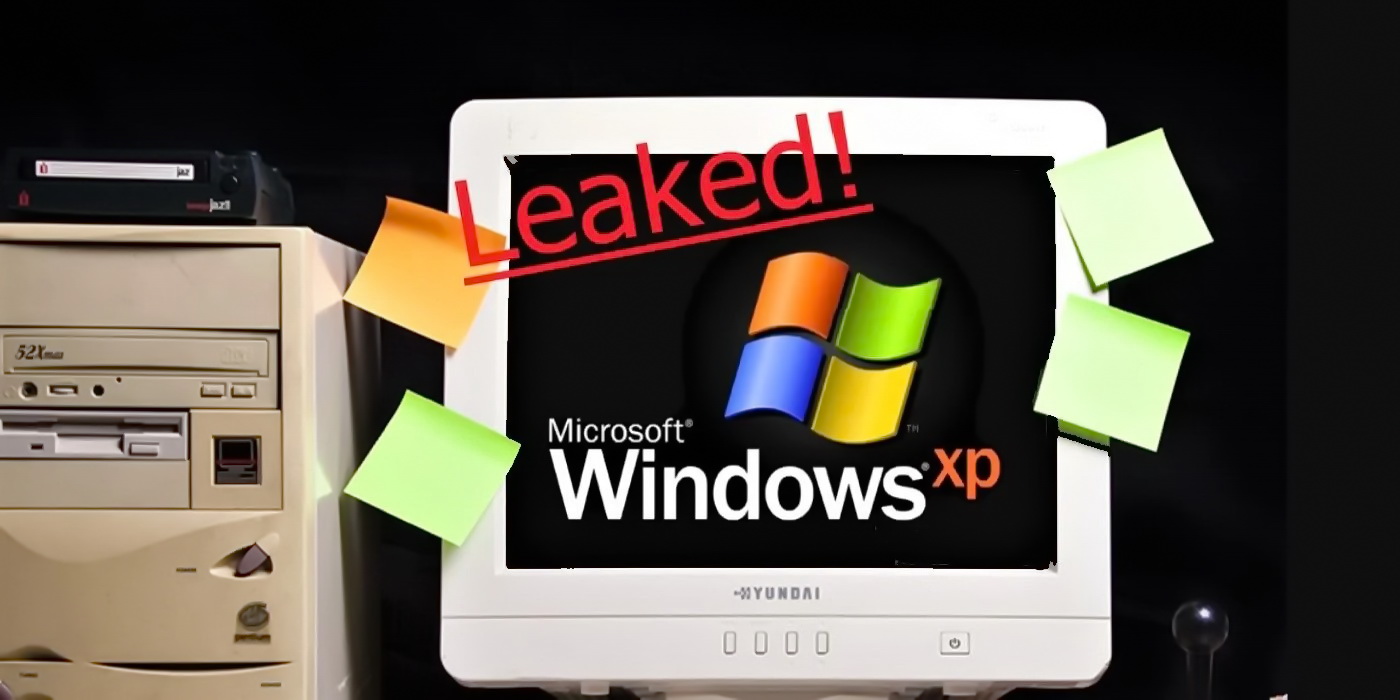Por primera vez, Anomali specialists noticed the IPStorm in June 2019, and then it attacked only Windows machines. Now it began to attack devices on Android, macOS y Linux. Previamente, the botnet included about 3,000 infected systems, but even then the researchers discovered several strange and interesting features that were unique to IPStorm. Para… Seguir leyendo IPStorm botnet now attacks Android, Dispositivos macOS y Linux
Autor: Vladimir Krasnogolovy
Vladimir es un especialista técnico al que le encanta dar consejos y sugerencias cualificados sobre los productos de GridinSoft. Está disponible las 24 horas del día, los 7 días de la semana para ayudarte con cualquier pregunta relacionada con la seguridad en Internet.
Microsoft estimó que los ataques de ransomware tardan menos de 45 acta
Microsoft analysts have prepared a traditional Digital Defense report, in which they talked about the main events and trends in the field of cybersecurity and threat analysis over the past year (from July 2019 a junio 2020). La empresa, por ejemplo, estimated that some ransomware attacks could be carried out in less than 45 minutes.… Seguir leyendo Microsoft estimó que los ataques de ransomware tardan menos de 45 acta
Experto de Avast enseñó una máquina de café inteligente para rescatar dinero
De nuevo en 2015, experts from Pen Test Partners talked about a way to hack Wi-Fi networks through the iKettle, creado por más inteligente, and then discovered that Smarter Coffee maker machine, creado por el mismo fabricante, también supone una amenaza para la seguridad de los usuarios. Incluso se puede enseñar a rescatar dinero.. Two years after… Seguir leyendo Experto de Avast enseñó una máquina de café inteligente para rescatar dinero
Los atacantes pueden eludir la autenticación multifactor de TikTok a través del sitio
Journalists of the ZDNet publication, citing one of their readers, report that the web version of TikTok did not receive multi-factor authentication (via mail and SMS), which developers established for all users of the platform in August. De este modo, an attacker who somehow learned someone else’s credentials (por ejemplo, through a phishing attack or brute force)… Seguir leyendo Los atacantes pueden eludir la autenticación multifactor de TikTok a través del sitio
Se filtran los códigos fuente de Windows XP
4chan ha publicado un 42.9 archivo torrent GB, que contiene los códigos fuente de varios sistemas operativos, incluyendo Windows XP y Windows Server 2003. La persona que publicó el archivo afirma haber pasado dos meses creando este torrent, y anteriormente estos archivos eran distribuidos por intermediarios de datos sólo de forma privada. The file also contains the… Seguir leyendo Se filtran los códigos fuente de Windows XP
El malware alienígena roba contraseñas de 226 aplicaciones de Android
ThreatFabric analysts have discovered a new Android malware Alien. The malware primarily targets banking applications. En general, Alien steals passwords and other credentials from 226 aplicaciones. Alien is sold on hacker forums under the MaaS scheme (Malware-as-a-Service). Al mismo tiempo, the malware was not developed from scratch, it is based on the source codes of… Seguir leyendo El malware alienígena roba contraseñas de 226 aplicaciones de Android
CISA experts warned about the growth of LokiBot infostealer activity
Specialists from the Agency for Cybersecurity and Infrastructure Protection, organizado por el Departamento de Seguridad Nacional de EE.UU. (DHS CISA), warned about growth of activity of LokiBot infostealer aka Loki and Loki PWS; not to be confused with the Trojan of the same name for Android), which has been increasing since July this year. ZDNet journalists… Seguir leyendo CISA experts warned about the growth of LokiBot infostealer activity
Microsoft dejó abierto uno de los servidores internos del buscador Bing
Ata Hakcil, especialista en ciberseguridad en WizCase, descubrió que los empleados de Microsoft dejaron abierto por error uno de los servidores backend de Bing – estaba disponible para cualquiera. El investigador escribe que el servidor almacenado sobre 6.5 TB de registros que contienen 13,000,000,000 entradas recibidas de un motor de búsqueda. El especialista comprobó muy bien su teoría al respecto.… Seguir leyendo Microsoft dejó abierto uno de los servidores internos del buscador Bing
Spammers hide behind hexadecimal IP addresses
Trustwave experts have discovered that pharmaceutical spam attackers have started to insert unusual URLs into their messages. Spammers hide behind hexadecimal IP addresses. They use hexadecimal IPs to bypass email filters and other security solutions. The idea is based on the use of RFC791 standard. Researchers remind that, por ejemplo, https://google.com is the same as… Seguir leyendo Spammers hide behind hexadecimal IP addresses
Mozilla completely stops development of Firefox Send and Firefox Notes
This summer, I talked about how ZDNet journalists drew attention of Mozilla engineers to numerous abuses of the Firefox Send service, which was actively used to spread malware. Como resultado, Mozilla has stopped development of Firefox Send indefinitely, but the developers have promised to rework it and improve security. Déjame recordarte que… Seguir leyendo Mozilla completely stops development of Firefox Send and Firefox Notes










